This shouldn’t be a surprise, but it’s still so interesting to me. Despite all of the new things, people, places, sights, and experiences that my kids are being exposed to during our Worldschooling adventure, they seem to be happiest while playing with sticks, dirt, and rocks.
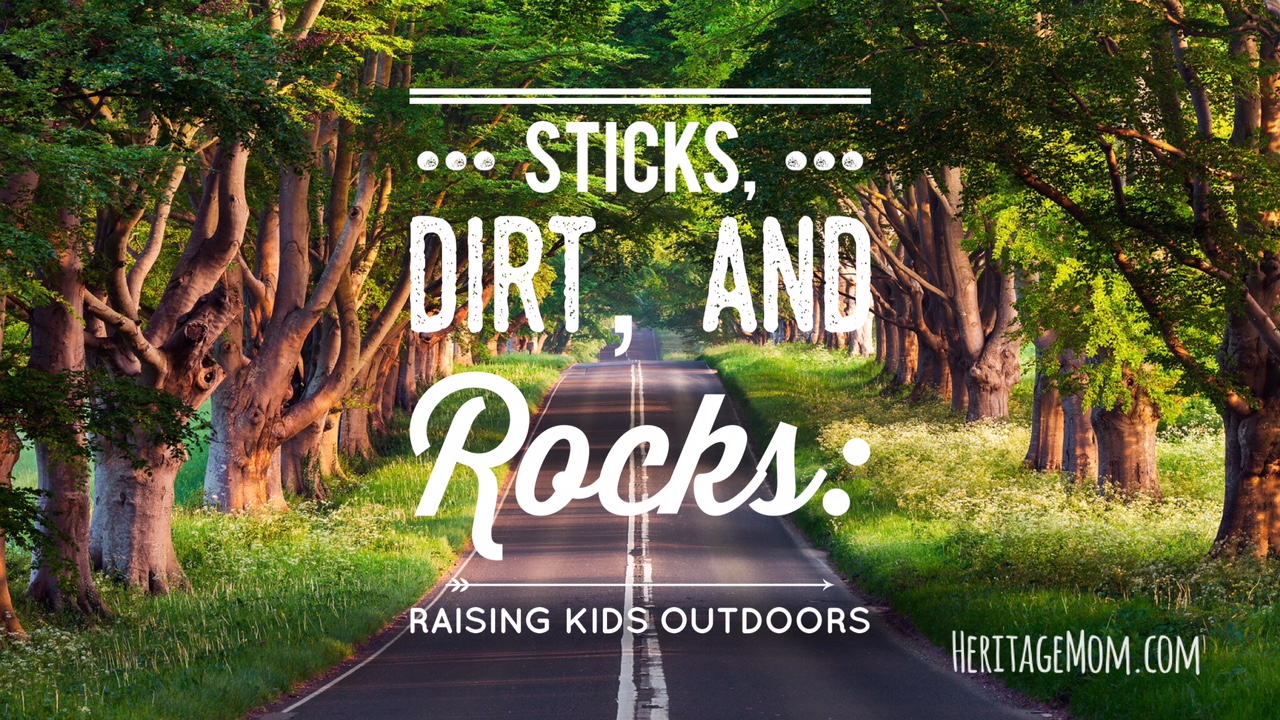
It’s taking me forever because I only get enough uninterrupted time to read 6 words at a time, but I’m re-reading Richard Louv’s Last Child in the Woods while we’re away. As with most great books, I’m gaining new insights this time around despite having read it carefully years ago. Now that my kids are older, I’ve had more opportunities to see them in action and I’ve become more intimate with their tendencies when left to their own devices.
Speaking of devices…
My kids are not extraordinary. If I ask them whether they’d rather go on our weekly hike in the woods, head to our favorite waterfall, or binge on Power Rangers Parties With Barbie & Friends on the iPad, they’re going to choose the iPad Every.Single.Time. So I don’t ask. We spend time outdoors the same way we go to church. It’s just what we do, and no one questions it.
Time in nature is an essential part of what I believe to be a whole childhood. I’d had this inkling for some time, but when I read what Charlotte Mason had to say about nature study, I felt even more committed to making it happen for my children. Considering that I lived my entire childhood indoors, and I have a daughter who literally claims air conditioning as one of her favorite things, I had no clue on how to begin raising kids outdoors. But I did figure that we had to…go outside.
“The physical exercise and emotional stretching that children enjoy in unorganized play is more varied and less time-bound than is found in organized sports. Playtime-especially unstructured, imaginative, exploratory play- is increasingly recognized as an essential component of wholesome child development.” – Richard Louv, Last Child in the Woods
We started with just spending lots of free time playing at parks and playgrounds. Our backyard was practically non-existent and infested with mosquitos, so that wasn’t an option I was willing to pursue in the beginning. Eventually, as the kids got older, we began to focus on nature study. Sonya Shafer from Simply Charlotte Mason beautifully outlines 8 Reasons To Do Nature Study based on Charlotte Mason’s own writings:
- Nature study lays the foundation for formal science studies.
- Nature study makes science interesting.
- Nature study increases your child’s capacity to understand the unknown.
- Nature study gives your child a sense of ownership and stewardship of the Earth.
- Nature study prepares your child’s heart to worship God.
- Nature study enriches your child’s life.
- Nature study increases your child’s intellect and makes him a more interesting person.
Yes, yes, and yes!!! All of this resonated with me, and we’ve actively pursued intentional time learning and playing in nature ever since.
Because our regular “forest bathing” jaunts did not develop organically – they were intentionally scheduled addendums to our family life – I guess I didn’t expect to see my kids become do deeply enveloped in nature during our time abroad. I expected museums, restaurants, and societal exploration. But sticks, dirt, and rocks were not on my “this is what we’ll do” list.
I’m glad that I was wrong. Or naive. Or both. I now have confidence in my family’s love of the outdoors, and I can confidently state that we, collectively, love nature. I’m excited to be experiencing the fruit of something that started out as unnatural, difficult, and completely contrived.
Consistency really is better than rare moments of greatness.

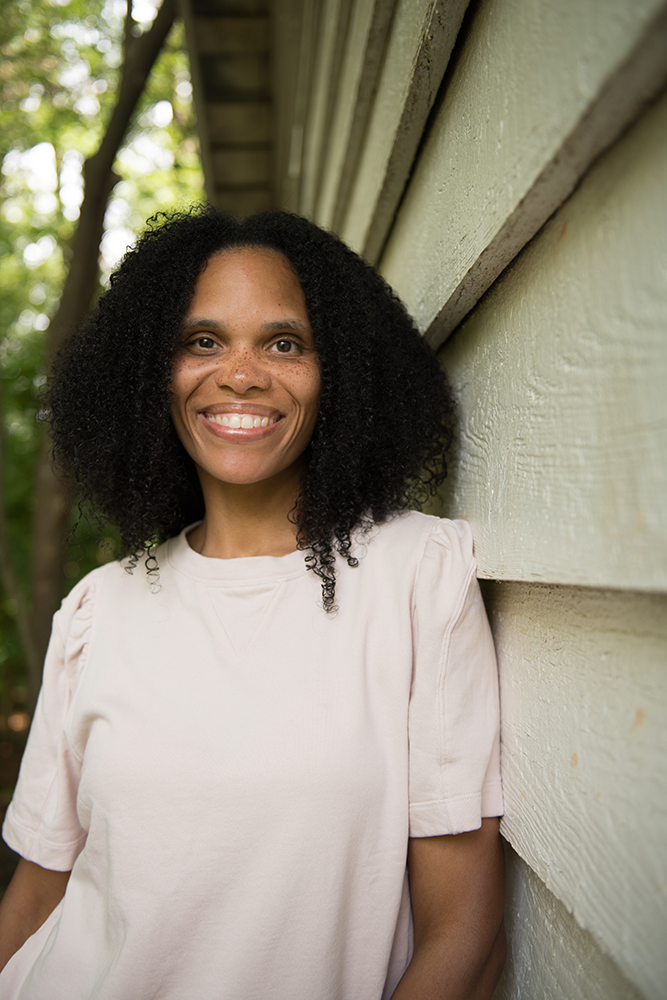

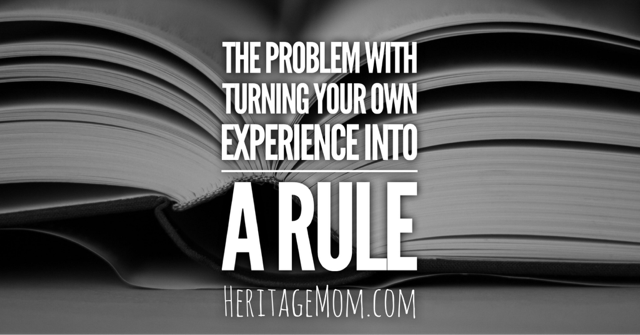
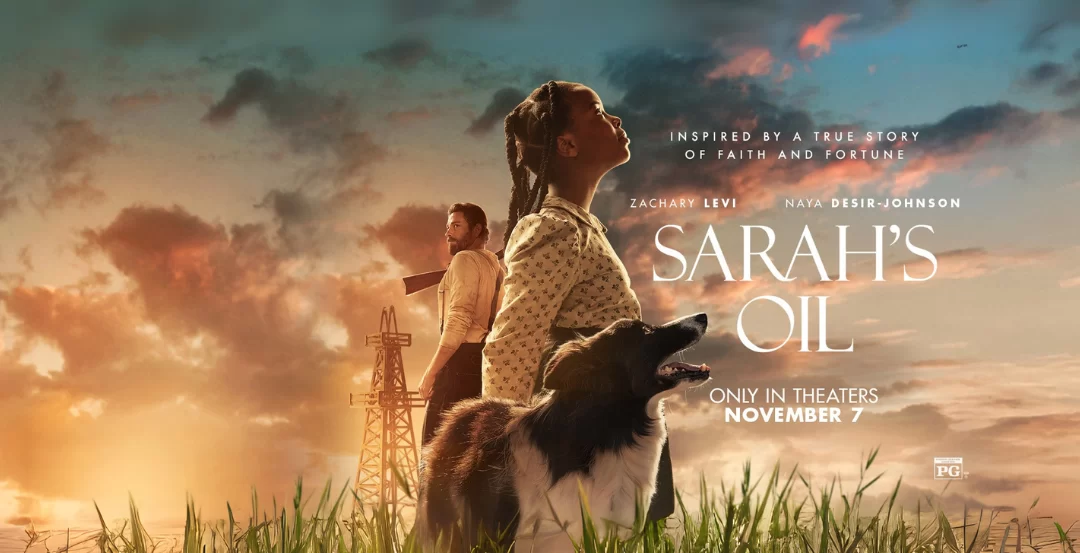
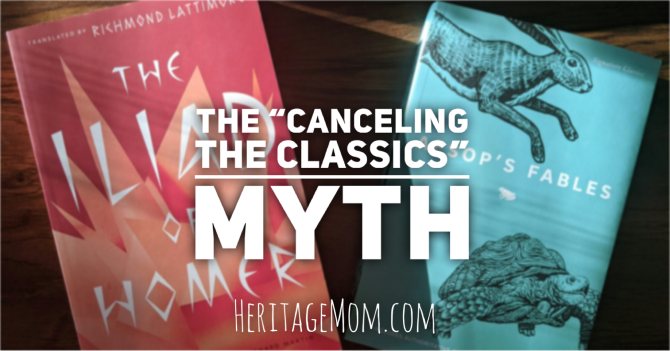
0 Comments